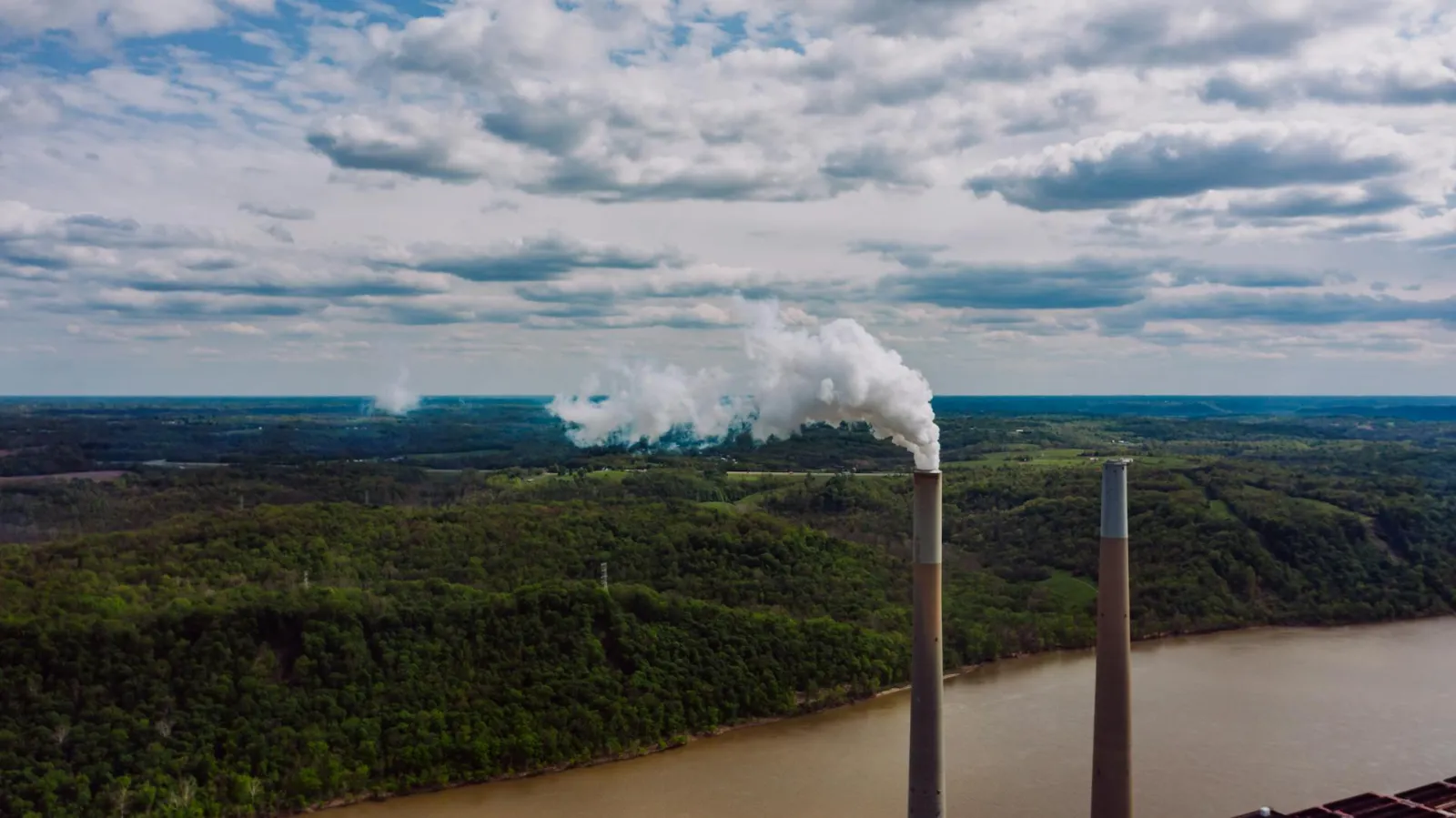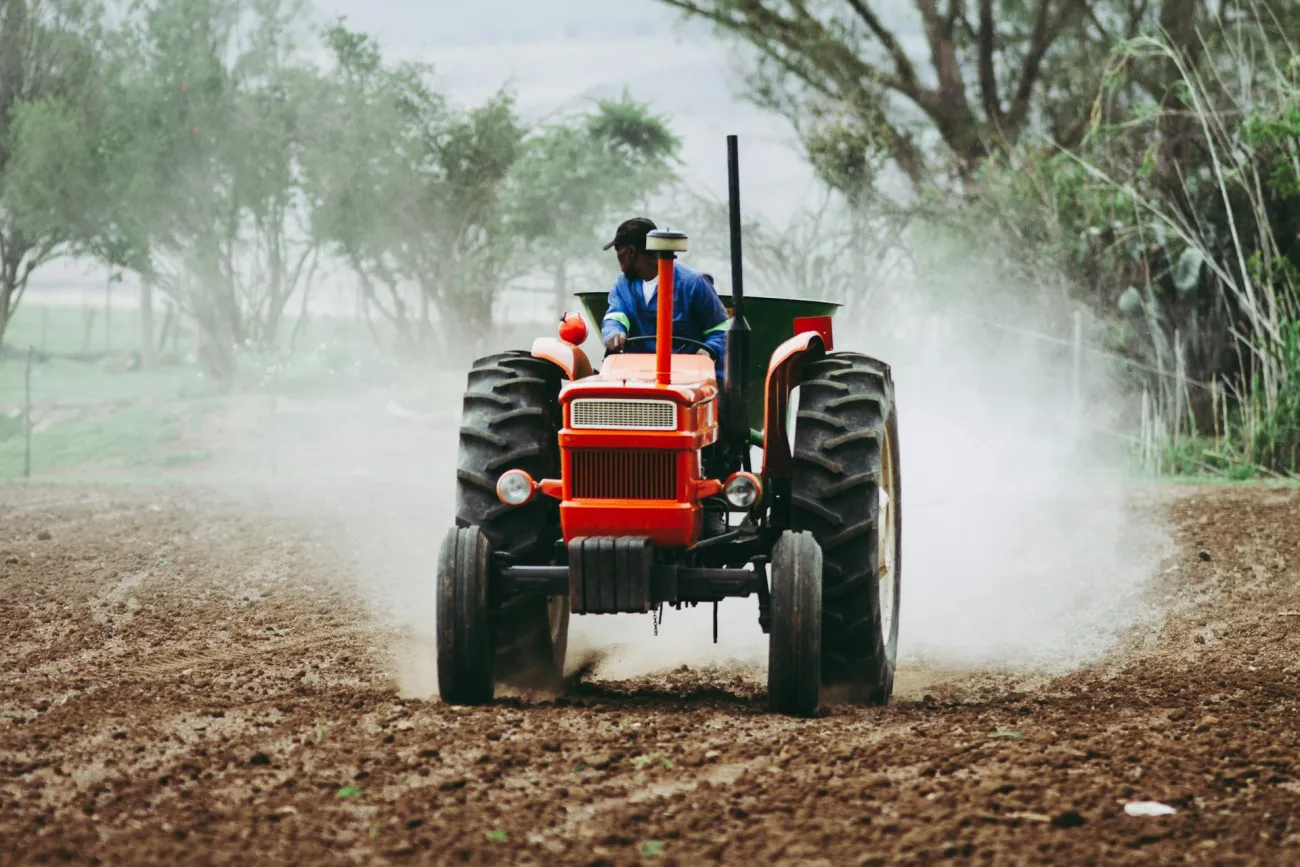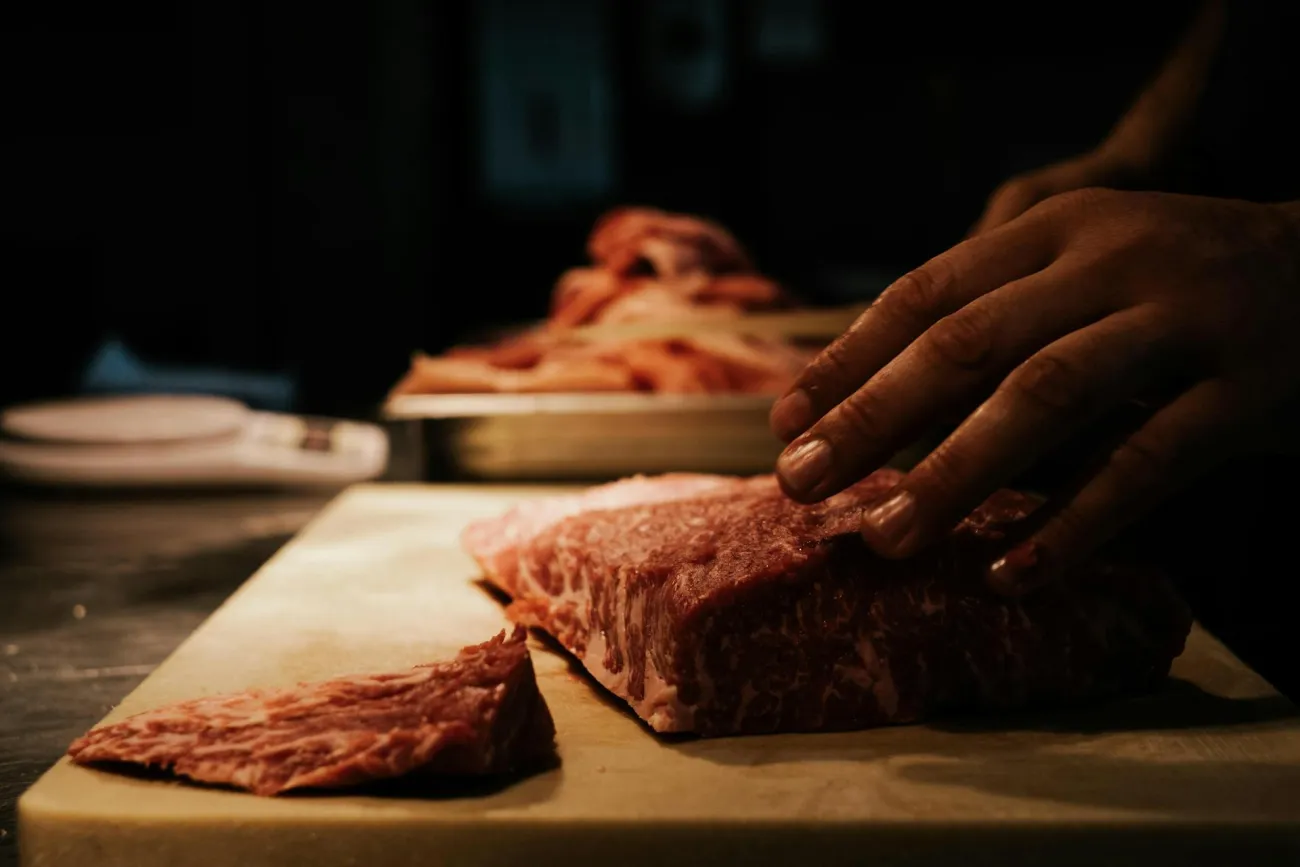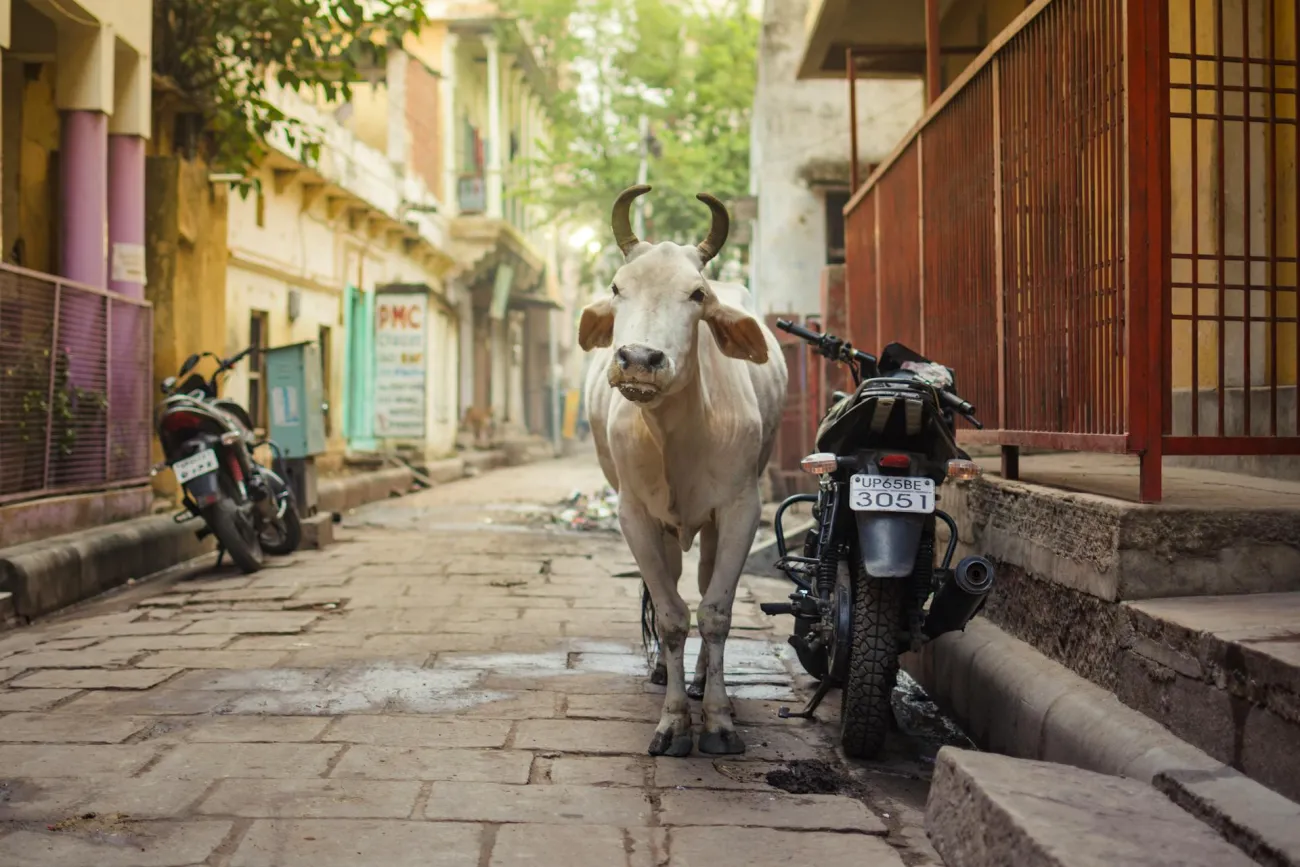This report by NGOs Foodrise, Friends of the Earth U.S., Greenpeace Nordic, and Institute for Agriculture and Trade Policy presents the latest global assessment of the meat and dairy industry’s climate impact, estimating the greenhouse gas (GHG) emissions generated by 45 of the world’s major meat and dairy processing companies in 2022/23. It found that if they were a country, they would be the world’s ninth highest GHG-emitting nation.
Publisher’s Summary
This new report presents the latest global assessment of the meat and dairy industry’s outsized climate impact, estimating the greenhouse gas (GHG) emissions generated by 45 of the world’s major meat and dairy processing companies in 2023/22.
The findings make it clear: cutting fossil fuel emissions alone isn’t enough. Tackling emissions from Big Meat and Dairy is essential to limit global heating, at a time when every fraction of a degree counts.
Key findings:
- These 45 Big Meat and Dairy companies combined emitted an estimated 1 billion tonnes of greenhouse gases in 2023/22 (in CO2eq ). If they were a country, they would be the world’s ninth highest GHG-emitting nation. In fact, the companies’ combined emissions are estimated to be more than those reported for Saudi Arabia, reportedly the second largest oil producer in the world.
- The methane emissions from these 45 companies combined are estimated to exceed the reported methane emissions of all the EU27 countries and the UK combined in 2023.
- The top five emitters emerging from this analysis combined — JBS, Marfrig, Tyson, Minerva, and Cargill — emitted an estimated 496 million tonnes of greenhouse gases in 2023 (in CO2eq ), more than reported for Chevron, Shell, or BP. The estimated greenhouse gas emissions of these five companies combined accounted for nearly half (48%) of the estimated total emissions of 45 meat and dairy companies analysed.
- JBS alone, estimated to be the world’s highest-emitting meat corporation, accounted for nearly one quarter (24%) of all estimated greenhouse gas emissions from these 45 meat and dairy companies. Greenpeace Nordic has estimated in an earlier publication that JBS emits more methane than reported for ExxonMobil and Shell combined.
Solutions
Research repeatedly shows that dietary changes in high-income nations are the single biggest option for cutting food system emissions that we have. An estimated 83% of global meat production and 77% of global meat consumption occurs in high and upper-middle income countries, compared to just 2% in low-income countries, according to a recent research paper.
Moving to a predominantly plant-rich diet — the EAT-Lancet diet — in high-income nations would reduce food emissions by an estimated 61% and save an area of roughly the size of the EU. Were this area returned to nature, the land could draw down around 14 years of global agricultural emissions. To achieve this, we will also need to hold Big Meat and Dairy companies to account.




Comments (0)